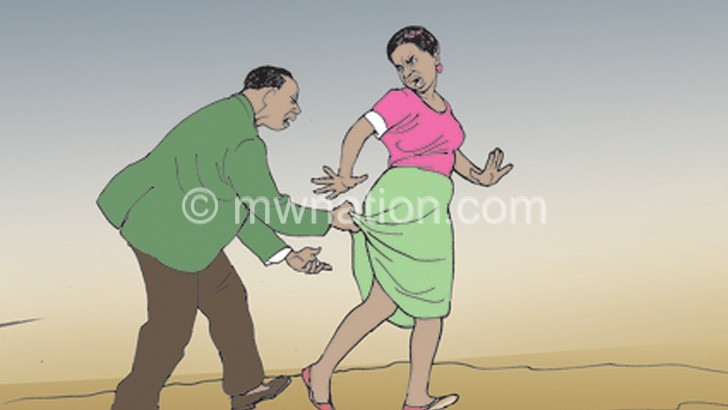A disturbing trend in many cases of domestic abuse, sexual assault and rape against women and girls is the tendency to blame the victim of the crime, rather than the perpetrator.
Within this culture of victim blaming, women are told to change their own behaviour to avoid being assaulted or raped. They are told to dress less provocatively and use less makeup, drink less alcohol, not to go out at night or put themselves in risky situations. The sad part of victim blaming is that this proliferates the belief that women are at fault when they are attacked and leads to a lack of accountability for men. In some cases, those blaming the victim believe that such events could never happen to them if they are more careful.

The other trend is to apportion blame to the victims’ parents or guardians for putting the victim in risky situations.
Reading through social media comments on such issues, makes one wonder whether those commenting take the time to process the information and understand the dynamics of sexual assault. A good number of people question and blame the mother of the victim apparently for letting the daughter stay with a known abuser.
I have seen comments blaming the mother as being irresponsible for failing to look after her own daughter.
Studies have shown that victims of sexual assault and rape, know the perpetrator and oftentimes it is someone they trusted. This could be the father, uncle, brother, close friend, a teacher, or their neighbour.
I feel we are missing a point when we blame parents. They have no reason not to trust relations to protect daughters. It is the perpetrator who is to blame and not anyone else. His responsibility is to take care of any girl and not abuse her.
There are valid reasons parents would let their children live with a relation. No parent would do so if they have a choice. If a parent has prior knowledge that their children will be abused, whether physically or sexually, they would definitely not let the children stay with a relation. What about the fathers who sexually abuse their children? Where is a mother supposed to keep her daughters?
So, the next time you find yourself wondering what someone else did to bring on their misfortune, take a moment to consider the psychological attributions and biases that affect your judgment. Rather than blame the victim, try putting yourself in that person’s shoes and perhaps try a little empathy instead.








0 Comments